The substance of the relationship between India and the United States rests on strong foundations whether it is security, defense, regional cooperation, or economic and business partnerships, apart from the durable underpinning of people-to-people ties. It is a resilient partnership which has faced its ‘downs’ in the past and always bounced back as relations have diversified and grown from strength to strength in recent years.
But in the world of real time instant communication and social media where everyone has their voice, impressions are formed instantly and do not dissipate easily however much damage control may be applied. So, the perception that the United States which has a global strategic partnership with India, and is a sister democracy, was not spontaneous and empathetic in responding more promptly to the public health crisis caused by the drastic rise in COVID infections in India has jolted the image of America in Indian eyes. It is as if a trusted friend has been rather late in responding with help and that impression takes some time to dispel.
Is the US transactional?
Well, the question is not that the US is transactional – certainly that word does not describe the relationship between our two countries today – there will always be areas of some difference, no friendship is picture perfect. Our pursuit of strategic autonomy may not always coincide with the US approach on some global or regional issues, and each side drives its hard bargain on trade, intellectual property matters and climate change issues just to cite some instances, but overall there is a distinct effort aimed at narrowing of differences, and for example, coordination on many matters relating to a rules-based international order, particularly in the Indo-Pacific.
Asia pivot
The Indo-Pacific situation today is marked by a level of tension between the United States and China that we had not encountered before. India’s relationship with China, the modus vivendi we had built after 1988, has also been shaken at the very foundations after the incidents along the LAC in Ladakh, particularly the bloodshed in Galwan ten months ago. The United States sees India as a key player in the Indo-Pacific, a like-minded democracy that recognizes the need for a rules-based order in the region. India is both a land and sea power, and our deepened cooperation with the US and our other partners in the Quad particularly, provides an alternative model to what the Chinese are seeking to propagate in the region, a democratic order based on transparency, openness and inclusiveness. China has no friends in the region apart from Cambodia, Myanmar under the generals, and Pakistan. Of course, there is also North Korea. Not very salutary company.
Rethink
I think the Biden administration must have read the moral outrage and deep intensity of the response both in India and among key opinion makers in the US, particularly in the US Congress and in the media, generated by the crisis in India and the negative impression that the initial Administration response spoke only of how priorities would need to be first assigned to US domestic needs as far as combating the pandemic was concerned. There was a reputational imperative here that needed to be safeguarded and repaired – that is the US reputation as a friend in need. Also, that borders do not apply in a pandemic universe. Until and unless the pandemic is brought under control internationally, we will not have won this struggle. Every person on this planet will need to be vaccinated and we cannot afford delays in supply of raw materials for vaccine production. This is a world war we are engaged in and we are all in the trenches here. The virus respects no borders. Vaccine nationalism must be replaced by vaccine internationalism.
What does India do from here?
The pandemic is a harsh, unsafe and cruel teacher: obviously our public health sector needs a much greater infusion of funds to improve infrastructure, create new capacities, training, management, and planning on a war footing for future emergences so that national stockpiles and resources and reserves are substantially improved.
Where diplomacy is concerned, we must build our strengths in science and technology diplomacy where diplomacy serves the interests of these two fields and augments our own strengths in these. Our vaccine diplomacy is a good expression of science diplomacy that builds goodwill for India. In this context, our first area of focus should be the South Asian region, our neighbours – for the subcontinent is an integer, and public health is a regional imperative.
Diplomacy can also be put to good use in building our own strengths through international collaborations in resilient supply chains, ensuring there are no blockages in the supply of key raw materials for the production of vaccines, and building our own capabilities to be increasingly self-reliant in producing these vital public health-related goods that ensure human security for our population.
Approach to the Quad
The Quad is the flavor-of-the-month these days – and it is still an evolving format. However, besides military-to-military cooperation and coordination, particularly between the Quad navies, it has begun to concretize cooperation in vaccines and public health, in information technology and in climate change. This is apart from the fact that India’s potential as an Indian Ocean naval power is increasingly accepted and recognized and that our role as an effective balancer against Chinese naval inroads into the Indian Ocean are factored into the establishment of a future security network for the Indo-Pacific. At the same time, our preoccupations with China on our land border persist and we cannot let our eye off that ball. This makes our position unique among the Quad and our tasks even more complex.
Nirupama Rao is a former Foreign Secretary and Ambassador to China and the United States
(Disclaimer: The views and opinions expressed in this article are those of the author and do not necessarily reflect the official policy or position of BharatShakti.in)

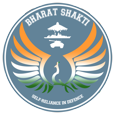


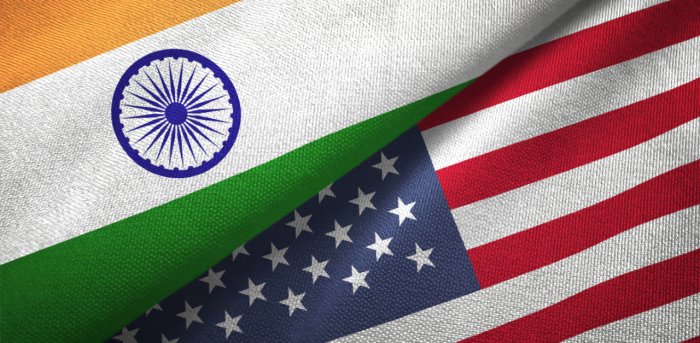


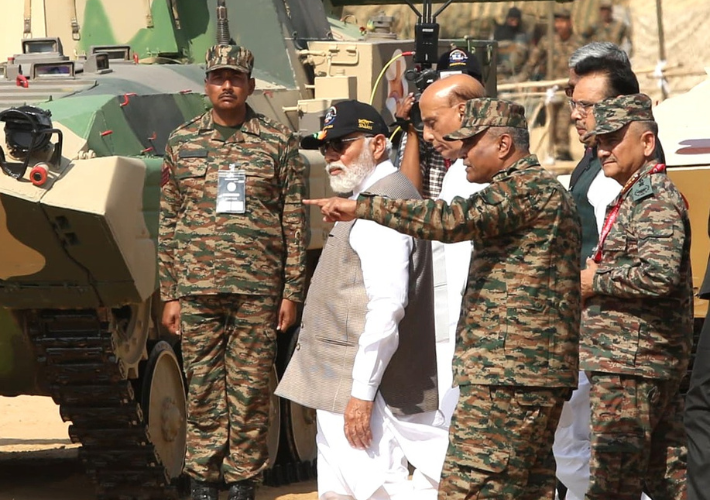
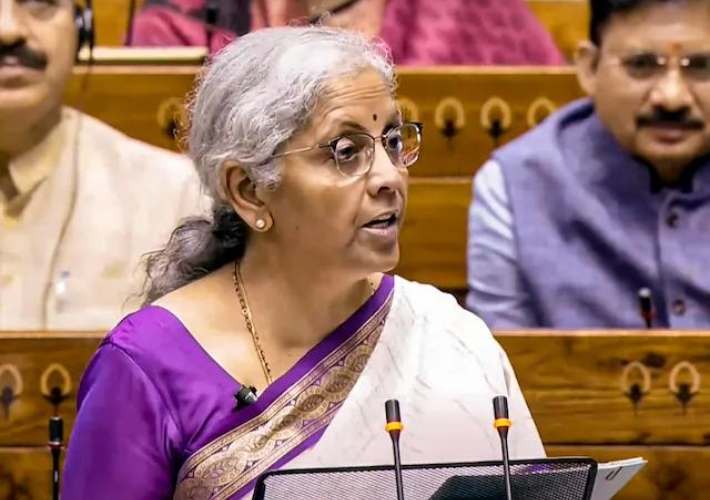

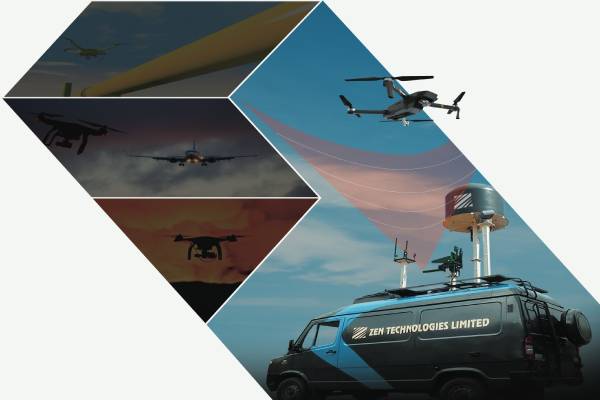

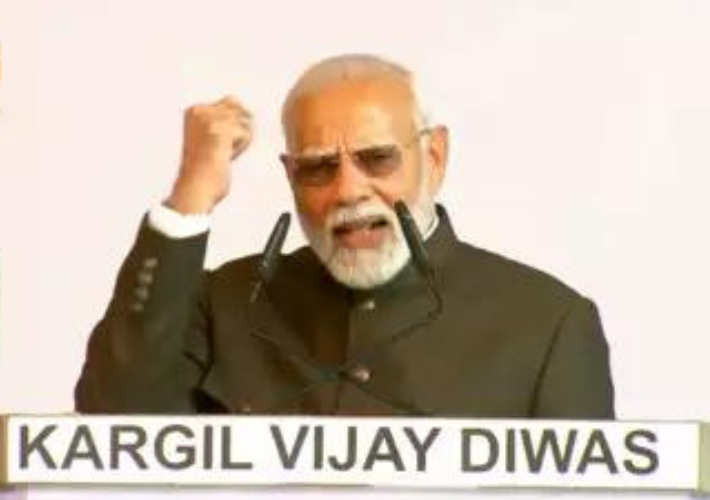
One Comment
SuchindranathAiyerS
Biden is impelled by three goals
1. To undo all that Trump did to the extent he can get away with it
2. To reset to Nixon-Kissinger to the extent he can get away with it.
3. To complete the Obama-Biden-Hilary White house agenda to the extent he can get away with it.
India would be stupid to ignore this and get caught off guard in its perpetual (since 1947) mode of Yudha Kale Shastrabhyasaha..